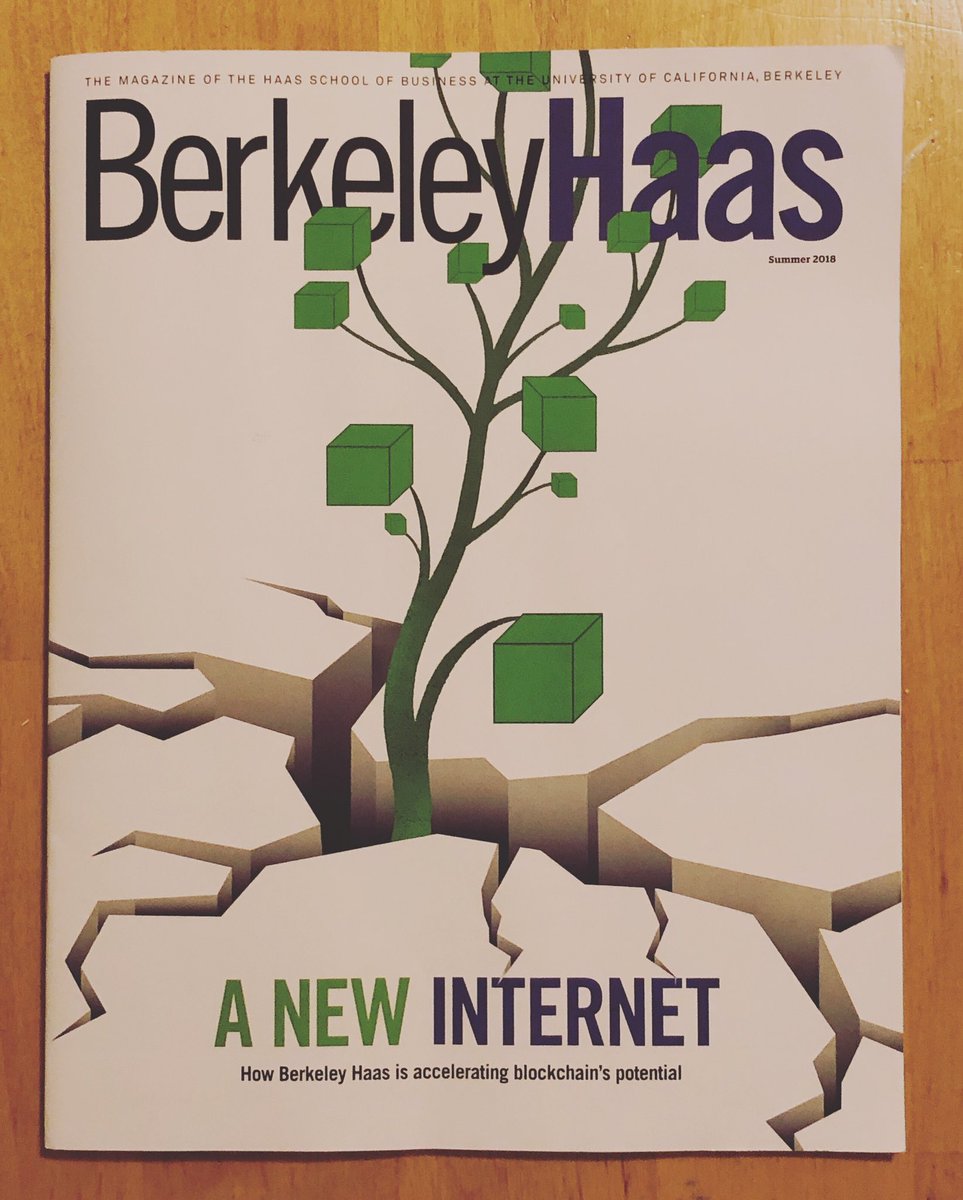1/ I believe the reason we are not seeing any movement in the price of #bitcoin from today's mega announcement from @NYSE @Starbucks @Microsoft @BCG is because #crypto now values delivery (scarce) over talk (abundant) fortune.com/longform/nyse-…
2/ In traditional markets, public announcements are often made only after material results and impact are delivered, whereas in the crypto markets, public announcements have been used as a means to raise money (to start to build, execute, and deliver)
3/ Crypto markets and investors have become so desensitized to public announcements and press releases about the intent to deliver future products and code, that announcements (even ones as significant as this one today) are bucketed into the "huh, that will be cool" category
4/ Think about how many promises have been made about retailer adoption-x, custody solution-y, ETF-z, and how many of those to date are still in process or a perpetual 9-12 months away
5/ This may be evidence that we are now entering a new maturity phase in the crypto markets, where actions, execution, and delivery are valued more than words. This may be akin to the harder days in Silicon Valley (if you remember) when VCs started valuing traction over ideas
6/ Long term, this is a good and healthy thing for crypto. "Buy the rumor, sell the news" is the classic adage in the equity markets, while "buy the news, #HODL or dump the local maximum" seems to have been the adage for crypto of late. That is not the way it should be.
7/ I have no doubt Bakkt will make a huge impact in general (and also on the price of Bitcoin) if/when it executes and delivers.
8/ Until then, keep executing. I'm humbled to be working @ideocolab with several amazing teams shipping working products, including @zeppelin_os @MessariCrypto @rarebits_io @HNS and many others. Would love to hear what others think and how you are balancing talk vs execution.
• • •
Missing some Tweet in this thread? You can try to
force a refresh






